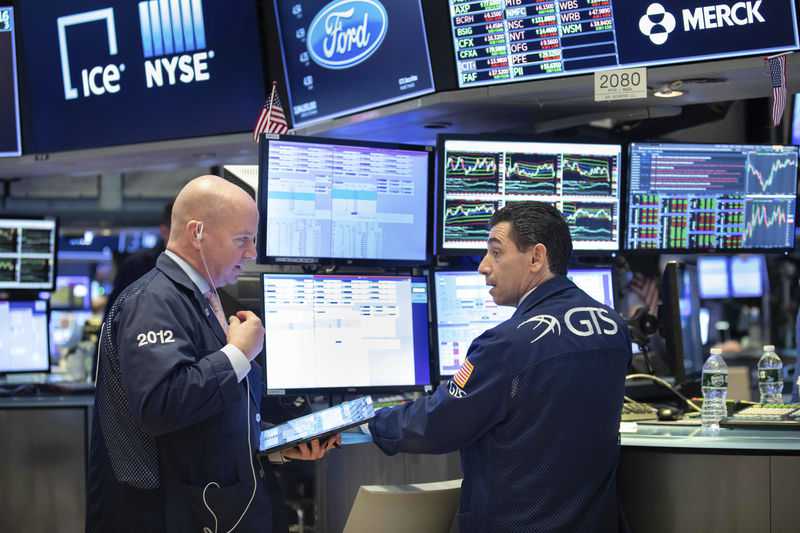Dow drops more than 900 points, ending worst week since 2008
24 March, 2020

Wall Street ended the week the same manner it began: completely retreat from the coronavirus.
Stocks fell sharply and the price tag on oil sank Friday as federal and state governments moved to turn off bigger and bigger swaths of the U.S. economy in the hope of limiting the spread of the outbreak.
The Dow Jones Industrial Average slid more than 900 points, ending the week with a 17.3% loss. The index has declined in four of the last five weeks.
The latest sell-off destroyed the gains from a day earlier and capped the market’s worst week because the financial meltdown of 2008.
Investors come to mind that the coronavirus will plunge the U.S. and other major economies into deep recessions. Steps to support the spread of the outbreak are triggering massive disruptions and layoffs. Optimism that emergency actions by central banks and governments to help ease the financial damage has waned as investors await the Trump administration to deliver on legislation that may pump vast amounts of dollars into hurting households and industries.
“The coronavirus is shutting the economy down,” said Lindsey Bell, chief investment strategist at Ally Invest. At the same time, oil prices are being pulled lower by increased supplies at a time when demand is declining.
“This is sort of a double-whammy for the economy,” she said.
Friday’s selling accelerated after NY Gov. Andrew Cuomo ordered that a lot of staff stay home. The declaration came a day after California announced similar measures. The move leaves restaurants, retailers and other businesses reliant on consumer traffic in financial limbo as they’re forced to close doors and furlough or lay off workers.
The measures also mean less demand for oil. U.S. crude dropped about 21% and moved below $20 a barrel for first time since February 2002.
Investors say they have to see the amount of new infections stop accelerating for the market’s volatile skid to ease.
“We just don’t really know what the next fourteen days provides,” said Paul Christopher, global market strategist at the Wells Fargo Investment Institute. “Are we likely to follow the same infection curve as other countries and the quantity infections will drastically accelerate? That’s when the storm will probably come.”
More than 10,000 people have died. There are a lot more than 246,000 cases worldwide, including almost 85,000 people who have recovered.
For most people, the coronavirus causes only mild or moderate symptoms, such as fever and cough, and those with mild illness recover in about fourteen days. Severe illness including pneumonia can occur, especially in the elderly and persons with existing health issues, and recovery could take six weeks in such instances.
The Dow fell 913.21 points, or 4.5%, to 19,173.98. The S&P 500, the benchmark for many index funds held in retirement accounts and the measure favored by professional investors, fell 4.3% after being up 1.8% earlier. The index is down 31.9% since reaching an archive high a month ago.
Investors continued to seek safety in U.S. government bonds, driving their yields broadly lower. The 10-year Treasury yield, which influences interest levels on mortgages and other consumer loans, slid to 0.88% from 1.12% late Thursday.
Oil has been plunging recent weeks as investors anticipate a sharp drop in demand for energy as manufacturing, travel and commerce grind practically to a halt. It’s down from $45 a barrel earlier this month. A cost war between Saudi Arabia and Russia has also pushed oil lower.
European and Asian markets closed broadly higher.
Source: the-japan-news.com
TAG(s):
